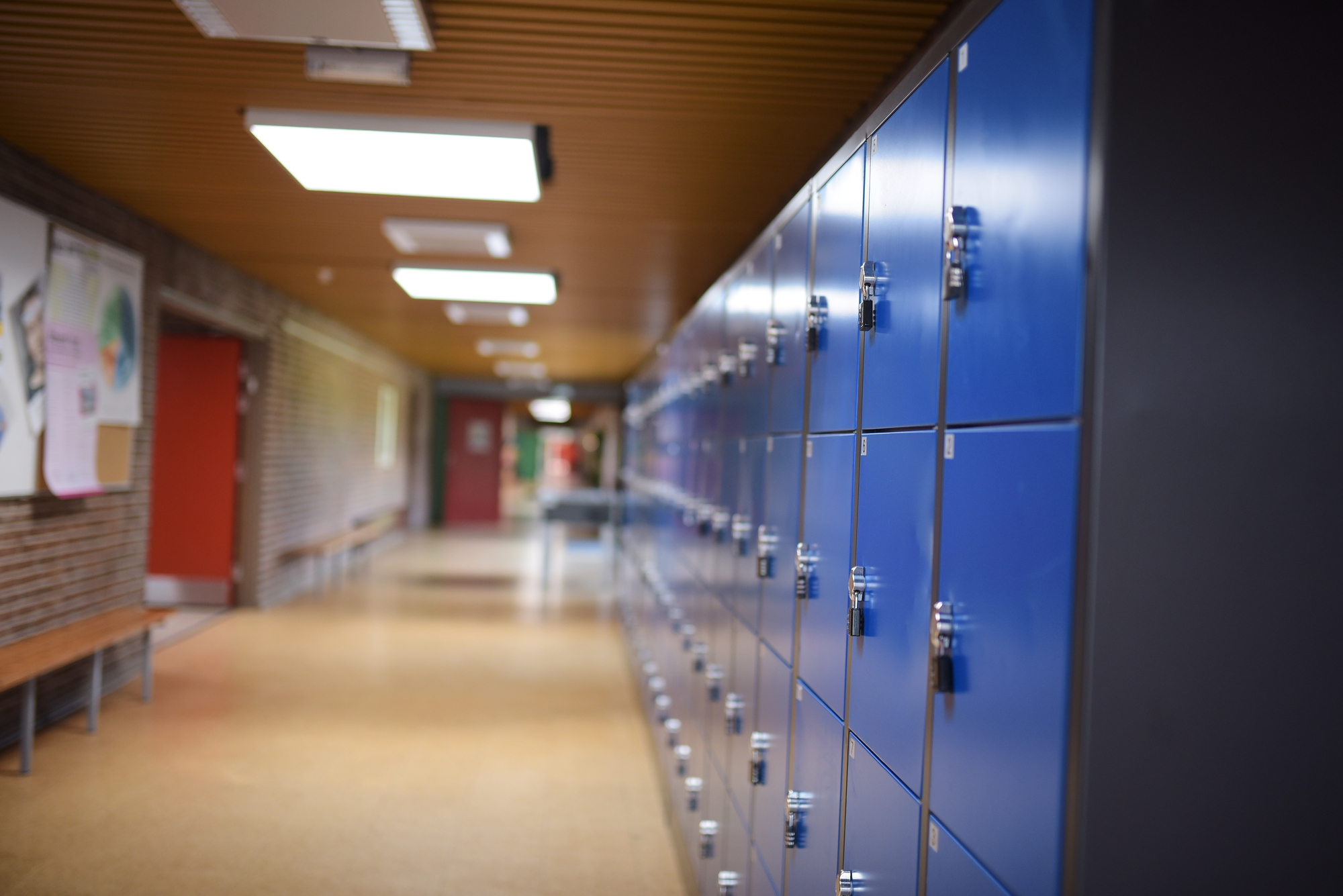The TV series Adolescence seems to have caused great hysteria in every corner of the internet, the very space the story appears to criticise, and now we are all apparently losing our collective minds.
 I have been a teacher for over 20 years. Every now and then throughout the years, some new threat emerges to rock our complacency and to beg the question, ‘Are the kids alright?’
I have been a teacher for over 20 years. Every now and then throughout the years, some new threat emerges to rock our complacency and to beg the question, ‘Are the kids alright?’
Adolescence did not shock me. It did not rock me. For me, it did not bring anything new to the conversation. It feels sensationalised and what actually enraged me about it is that we are still walking the old tight trope. The poor little abuser at least gets the benefit of a backstory, a voice, an insight into his complex human psychology, where we may come to identify, view with sympathy, or at least find reason for his (unexpected) behaviour. Like most forms of gendered violence, we know his name, and a great number of other facts about him, including that he is very human, with a human childhood, and a human family.
On the other hand, once again, the female victim is denied much of this humanisation. She is very literally given no voice, except, as I was later to discover, at the end when it is actually her voice singing. We are given little to no insight into the fullness of her own humanity and complexity. She appears merely as a space, or a vacuum. In fact, her silence, apart from references to her online behaviours, tends to offer fuel to those who like to blame the victim, suggesting that somehow or other, she was complicit in her fate, maybe even deserving of it. I have seen these sentiments discussed without meter in Australian online forums.
Panicked parents are flocking to the internet, (once again, that contested space apparently responsible for landing us here in the first place), demanding to know if Australian schools are in fact like this, to which other parents, and many a disillusioned teacher, affirm it is the case.
Schools are complex spaces. They are microcosms of our broader society. However, the members of these societies are still learning. They are young. Their big brains are still developing. They make mistakes. They act without thinking. They bring the prejudices they learn at home to the classrooms. The school community reflects the broader values being projected by the media, by the governments, on their screens.
The humble and increasingly complex job of parents and teachers is to teach these developing brains to be incredibly discerning. These brains must safely navigate the information and messages that are being thrust at them daily. They must be on guard for scams and spams and fake news. They must do so in the knowledge that everything they say and do can be recorded without their consent, screenshot, and shared in a split second with far reaching ramifications. Even adults are not immune to a slip up.
Moreover, poor behaviour is being modelled everywhere young people might look, even among our leaders. Televised political debates dissolve into little more than a parade of personal attacks and name calling. Meanwhile, I sit in classrooms late on a Monday night, as the 13-year-old debating team shuffle their flash cards, and diplomatically counter the opposition’s claims with some well-researched facts.
Happily, most children navigate their way to adulthood without too much trauma. Some are even thriving, even in these complex and anxious times. When I was at school. I was bullied at the bus stop, sexually harassed by some of the boys, and spat on. In my early years, I lost much of my hearing, unnoticed by any adults. Consequentially, I was labelled as dumb by my teacher, who announced this news to my mother. I went through high school failing subjects, without a single teacher having noticed my potential.
School are vastly different places now. Learning has changed. Teaching has changed. Teachers are leaving unfortunately, not because they don’t love what they do, but because they are expected to do this without recognition and without adequate support. Our schools are underfunded. Our systems are continuing to let us down. However, most of us are still out here with the kids, and the kids are still (mostly) okay.
We can and we must continue to do better by our children, and those across the globe, by calling on our governments to account. Respect for women and girls begins in the home, and in the halls of parliament, and the White House, and between countries. The Andrew Tates of the internet, and the media, have a great deal to answer for and should be held to account. We do need to know what our kids are doing and seeing online. Education, as always, holds the key for most problems, and the better we do this, the better our kids will be.
However, a short course in history, and a glance around the world, ought to help us keep our perspective. Most of our children in Australia are doing just fine.
Meaghan Paul is a veteran teacher of over 20 years. She is also an award winning writer and photographer, and a mother.